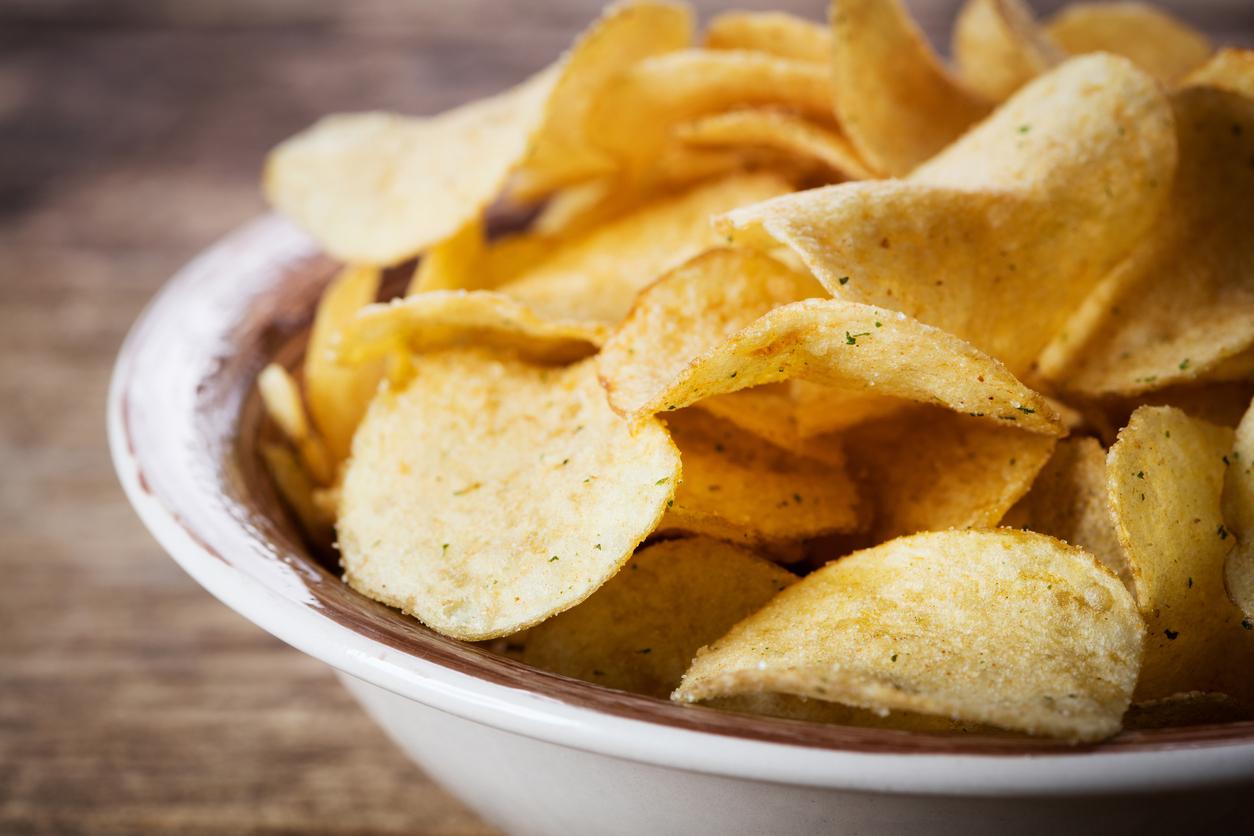Cancer warning as experts reveal new list of foods that increase risk
Household staples should come with warnings for health risks, say researchers
Eating common ultra-processed foods may increase the risk of cancer, experts have found.
Breakfast cereals, mass-produced bread, ready meals, ice cream, ham and crisps are among the foodstuffs that a study funded by Cancer Research UK and the World Cancer Research Fund suggests may have some link to a higher risk of various types of cancer, a consequence of their obesogenic properties and the reduced nutritional value they offer.
A team of researchers from Imperial College London that led the study said British people eat far too many ultra-processed foods – often called UPFs – and called for front-of-pack warning labels about the amount of salt, fat, sugar and artificial additives they contain, which can be harmful when consumed in excessive quantities.
“The average person in the UK consumes more than half of their daily energy intake from ultra-processed foods,” said Dr Kiara Chang, who worked on the research.
“This is exceptionally high and concerning as ultra-processed foods are produced with industrially-derived ingredients and often use food additives to adjust colour, flavour, consistency, texture or extend shelf life.
She continued: “Our bodies may not react the same way to these ultra-processed ingredients and additives as they do to fresh and nutritious minimally processed foods.
“However, ultra-processed foods are everywhere and highly marketed with cheap price and attractive packaging to promote consumption. This shows our food environment needs urgent reform to protect the population from ultra-processed foods.”
Dr Chang suggested subsidising the price of fresh food for lower-income households.

“We need clear front of pack warning labels for ultra-processed foods to aid consumer choices, and our sugar tax should be extended to cover ultra-processed fizzy drinks, fruit-based and milk-based drinks, as well as other ultra-processed products,” she said.
“Lower income households are particularly vulnerable to these cheap and unhealthy ultra-processed foods. Minimally processed and freshly prepared meals should be subsidised to ensure everyone has access to healthy, nutritious and affordable options.”
UPFs usually contain ingredients that people would not naturally add when they are cooking homemade food such as chemicals, colourings, sweeteners and preservatives designed to extend their life in stores.
The UPFs of most concern on health grounds are as follows:
- Mass-produced bread
- Supermarket ready meals
- Ham and other reconstituted meats
- Various breakfast cereals
- Sweets
- Supermarket biscuits, buns and cakes
Not all processed food is bad, however. The NHS says some foods actually require processing to make them safe, such as milk, which needs to be pasteurised to remove bacteria.
Previous studies have nevertheless suggested a link between UPFs and heart disease, dementia, obesity and type 2 diabetes.
Researchers said the latest findings were based on observations of what participants reported they had eaten and added that any suggested link between UPFs and cancer cannot be definitively proven.
In the study, published in eClinicalMedicine, the team used UK Biobank data to examine the diets of 197,426 people aged 40 to 69.
Their health was tracked over a decade and their risk of developing cancer or dying from it was also analysed.
The study found that higher consumption of UPFs was associated with a greater risk of developing cancer overall, particularly ovarian and brain cancers. It was also linked to an increased risk of dying from cancer.
The researchers found that for every 10 per cent increase in UPF in a person’s diet, there was a 2 per cent increased risk of cancer overall and a 19 per cent increased risk for ovarian cancer specifically.
These links held true even after adjusting for factors that may alter the results, such as exercise, body mass index (BMI) and deprivation.
Dr Panagiota Mitrou, director of research and innovation at the World Cancer Research Fund, said the findings “add to the growing evidence linking these foods to cancer and other health conditions”.
She added that people should limit the consumption of “fast foods” and other processed foods high in fat, starches or sugars, adding: “For maximum benefit, we also recommend that you make whole grains, vegetables, fruit and pulses a major part of your usual diet.”
This article was originally published on 23 February 2023.
Join our commenting forum
Join thought-provoking conversations, follow other Independent readers and see their replies
Comments




Bookmark popover
Removed from bookmarks